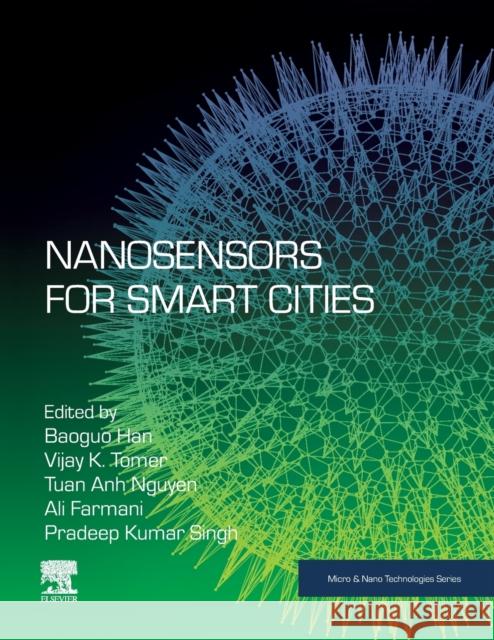Nanosensors for Smart Cities » książka
topmenu
Nanosensors for Smart Cities
ISBN-13: 9780128198704 / Angielski / Miękka / 2020 / 962 str.
Kategorie:
Kategorie BISAC:
Wydawca:
Elsevier
Seria wydawnicza:
Język:
Angielski
ISBN-13:
9780128198704
Rok wydania:
2020
Numer serii:
000361301
Ilość stron:
962
Waga:
1.33 kg
Wymiary:
27.99 x 21.59 x 3.02
Oprawa:
Miękka
Wolumenów:
01











